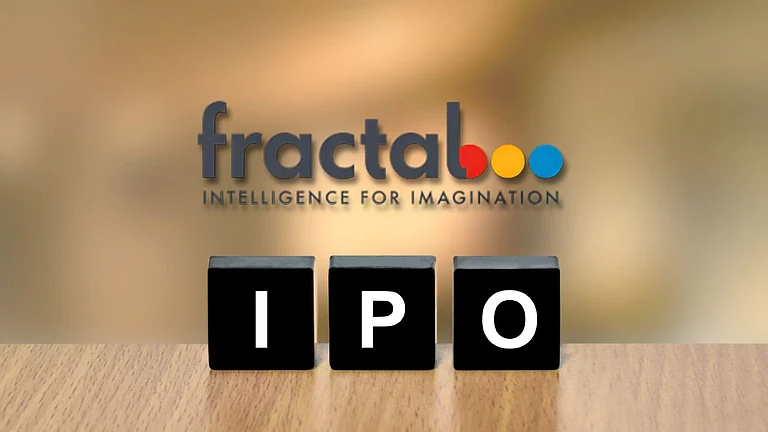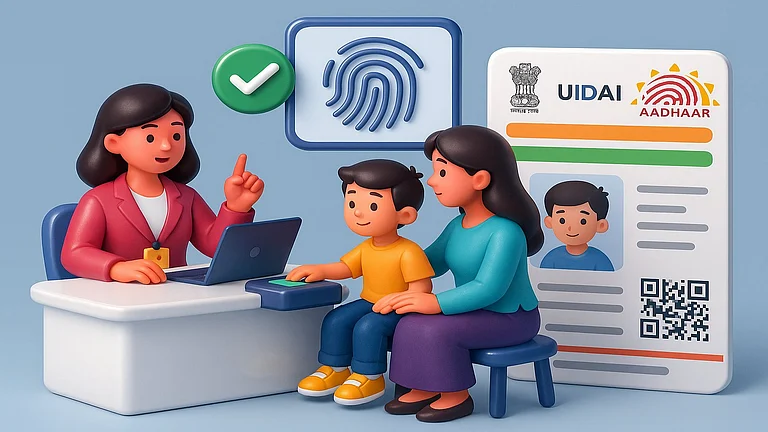The Insurance Regulatory Development Authority of India (Irdai) has approved the plans for Bima Sugam, an aggregator-like platform that will allow insurers to sell products directly to customers online, lowering costs and altering the distribution process.
The platform is expected to provide an "end-to-end" digital journey. This digital platform will allow customers to make policy purchases directly from the insurance firms of their choice. The insurers would also be required to convert their existing policies into demat form within a year after the regulations come into effect. The entire cost of fresh and existing policyholders will be borne by the insurers.
In a recent media interaction, Debasish Panda, chairman, Irdai, said that Bima Sugam would be a game changer for the insurance industry. “Bima Sugam will be responsible for sales, services, and claims. There is a need to create it at the earliest,” says Panda.
The regulator has asked insurance companies to operationalise it by January 2023.
How Will It Benefit Customers?
Bima Sugam’s primary goal is to provide policyholders and prospective policyholders with an all-inclusive, digital platform for managing their life, general, and health insurance needs. Everything from browsing and purchasing policies to filing and tracking claims could be
accomplished in a single place without having to navigate to the websites or physical locations of multiple insurance providers or intermediaries.
“The platform will provide a single window to view all your policies (life as well as general), details and renewal dates. Overall, the turnaround time to buy policies will be reduced,” says Vignesh Shahane, MD and CEO, Ageas Federal Life Insurance.
The long-term goal of this initiative is to boost insurance uptake in the country as a whole and to give an average person access to all of the insurance options available in the market, says Ramandeep Singh Sahni, chief financial officer, Bajaj Allianz General Insurance.
“The platform also has the potential to raise knowledge about insurance, which may lead to purchases that are more direct in the coming years. Comparing products and services, and making purchases online, all may be done on the same platform. While the direct purchase model has typically had limited adoption in India, it is important to keep in mind that insurance is a ‘push’ product that requires the assistance of intermediaries to help buyers understand the true need for insurance. People who are
uncomfortable associating with private platforms due to data privacy concerns, etc., might feel more at ease using a platform that is led and driven by regulators,” explains Sahni.
Will It Reduce Insurance Cost?
There could be benefit in terms of intermediary cost. “One of the primary benefits will be the cost-benefit as the intermediary commission will be transmitted to the customers… At present, insurance companies and web aggregators have fixed commissions for listing products on the aggregator's website. But with Bima Sugam, this could get impacted. With Bima Sugam, we are expecting fair competition to increase awareness and bolster business,” says Shahane.
However, whether this will impact the premium or the cost of insurance is not yet clear. “The modalities of Bima Sugam have yet to be firmed up so it is difficult to predict the impact on premiums and other expenses. However, it is likely that the most significant impact will be on ease of purchase and comparison rather than on premium and associated expenses like commission,” says Kapil Mehta, co-founder and CEO, SecureNow, an insurance aggregator.
Commission rates in general and health insurance range from 7.5 per cent to 15 per cent of the premium, depending on the product; these are totally in-built, Mehta adds.
Shahane feels the benefit will be passed on to the customers, ultimately, in terms of lower premium. “At present, 30-40 per cent commission is given to brokers but with Bima Sugam, the commission will be down to 5-8 per cent ensuring that the benefit will be passed on to the customer,” he says.














